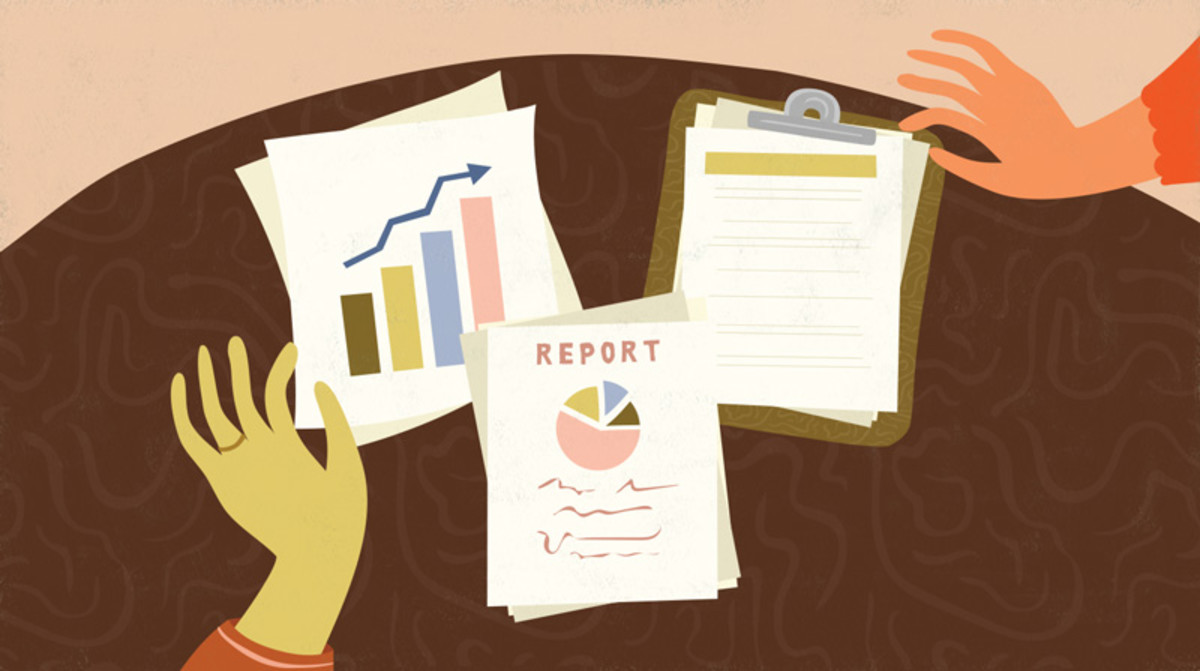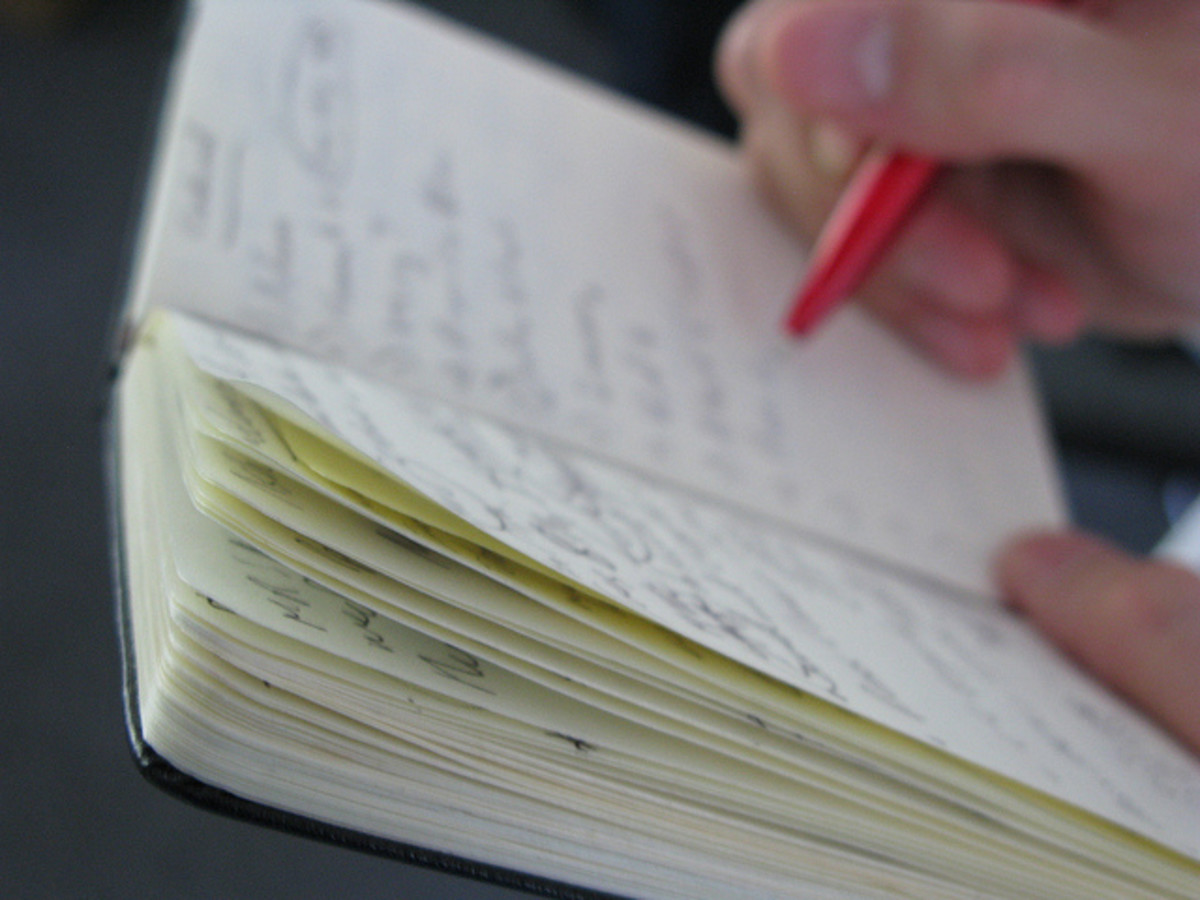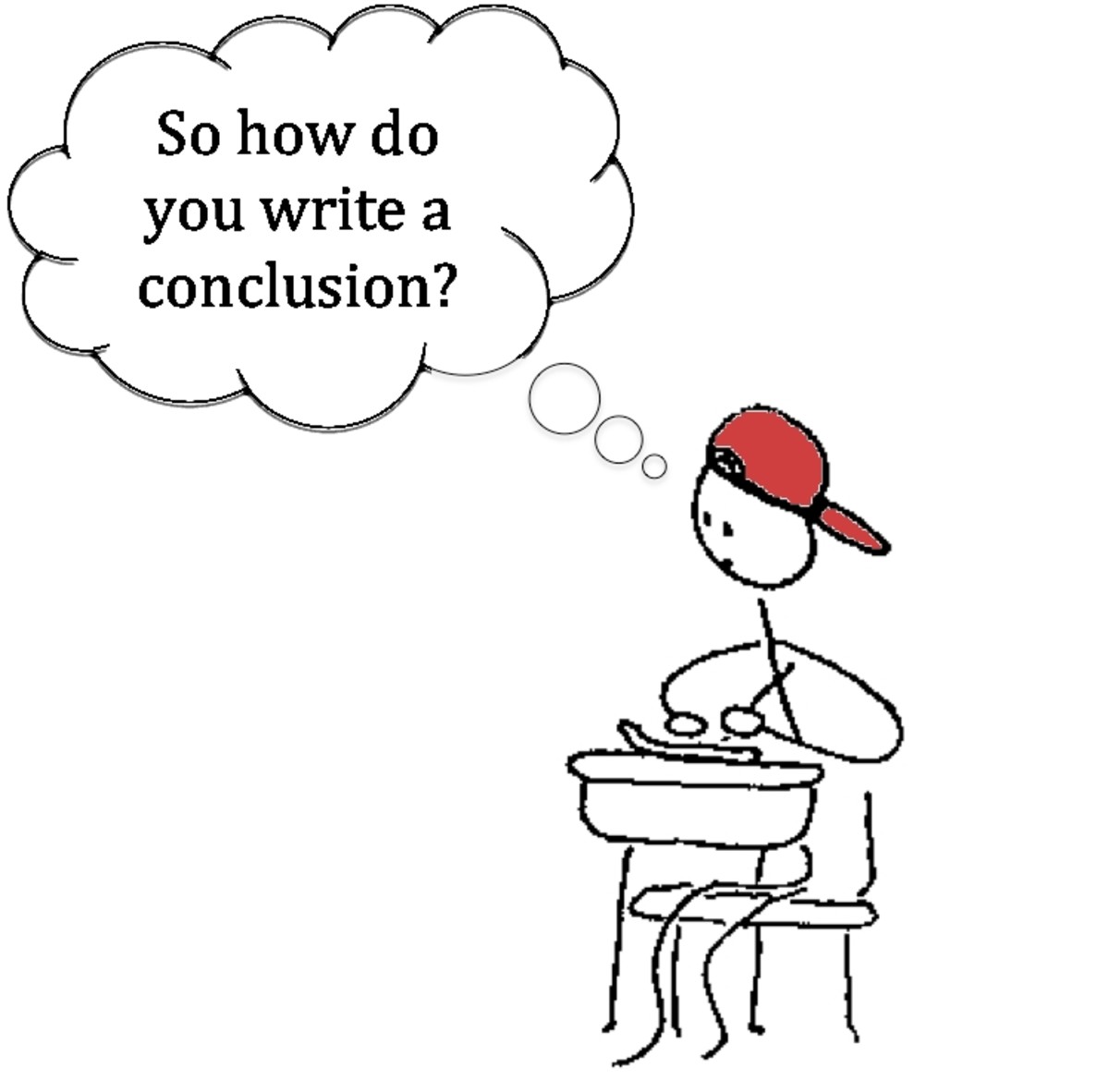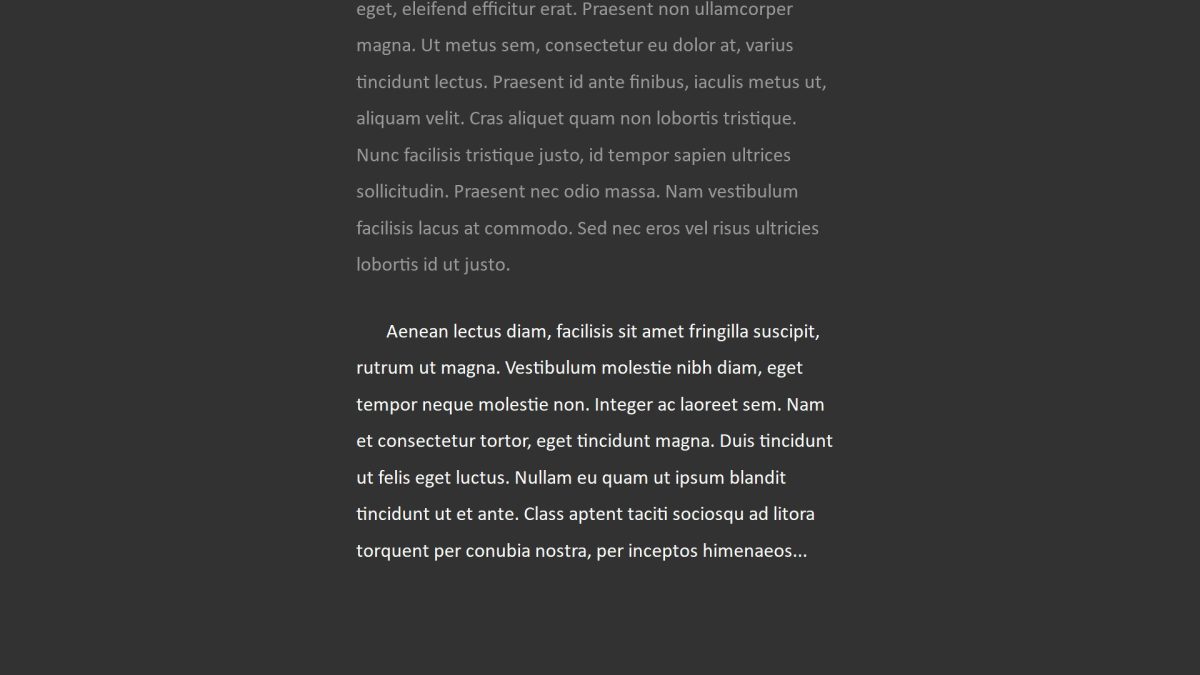How to Write College Papers
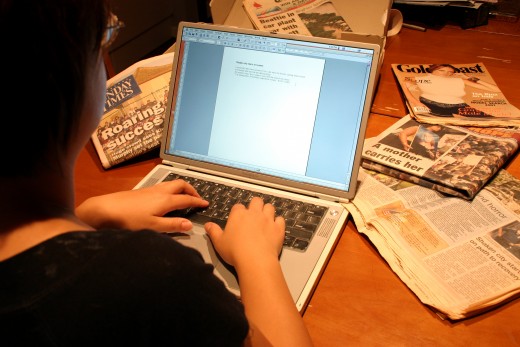
How to Write a Paper in College
1. Find a nice quiet place and turn on your laptop.
2. Check your facebook.
3. Read over the assignment carefully.
4. Walk down to the vending machines and buy some chocolate to help you concentrate.
5. Browse Pinterest.
6. Call up a friend and ask if he/she wants to go to grab a coffee.
7. Find the perfect song for your mood on iTunes.
8. Read over the assignment again to make absolutely certain you understand it.
9. Check your facebook. Facebook stalk that cute guy in your Lit. class. Look through every one of his albums.
10. You know, you haven't written to that kid you met at camp since fourth grade. You'd better write that letter now and get it out of the way so you can concentrate.
11. Look at your teeth in the bathroom mirror.
12. Text a few of your friends to see what they are doing this weekend.
13. Check your facebook.
14. Text a friend from the course and ask if she's started writing yet. Exchange derogatory remarks about your prof, the course, the college, the world at large.
15. Check your facebook. Post an update about how much homework you still have left to do.
16. Check to make sure you aren't missing something truly worthwhile on TV.
17. Call up a friend to see how much they have done, probably haven't started either.
18. Check your facebook.
19. Read over the assignment one more time, just for heck of it.
20. Scoot your chair across the room to the window and watch the sunrise. Post a picture of it on Instagram.
21. Lie face down on the floor and moan.
22. Punch the wall and break something.
23. Check your facebook.
24. Mumble obscenities.
25. 5am - start hacking on the paper without stopping. 6am -paper is finished.
26. Complain to everyone that you didn't get any sleep because you had to write that stupid paper.
27. Go to class, hand in paper, and leave right away so you can take a nap.
Does the list on the right look familiar to anyone? The list is humorous because we can all relate, and it proves that we can only blame ourselves for sleepless nights and mediocre papers.
Facebook may be the King of our social lives, but we can all be better rested and more successful students when we separate it from our academic lives.
How to Write a Strong College Essay, and Finish Before Midnight
*Every professor has his or her own expectations. Always follow the paper guidelines that he or she gives you.*
- Do not procrastinate!
- Sit down with the prompt at least a week before the paper is due. If you are writing a research paper you will need to start much earlier. It’s never fun to realize the night before that you can’t find relevant sources on-line or in your library.
- Your computer should be clear of distracting websites like facebook and Instagram. Turn off your cell phone, the TV, and iTunes.
- Underline the important parts of the prompt and make sure you understand all parts of the question. If you need to, now is the time to ask the professor for clarification.
- Free write for about 20 minutes; don’t worry about spelling, grammar, or even logic.
- Let yourself wallow in the muddy mess of these unorganized ideas that you’ve generated in your free writing. What ideas will you keep? What will you throw out? Yes, I did say “throw out.” Do not become attached to certain ideas or phrases just because you wrote them down. Let those ideas lead you to better ideas.
- If you are writing about a book you’ve read for class, consult the text. As you begin to construct your thesis and your argument, choose your textual evidence. Let the text help shape your argument.
- You may only finish with a single presentable paragraph, but that’s ok. Since you started early and did not procrastinate, you still have plenty of time to finish. The most important work is already done, and believe it or not, your brain will subconsciously sort through that muddy mess over the next couple of days.
- Schedule an appointment with a writing tutor. You can meet with a writing tutor at any stage in the writing process, but if you’ve made it through the prompt and the free writing stage already, it’s best to meet with the writing tutor with a substantial draft. You probably haven’t written this draft yet, but having a scheduled appointment will give you a mini deadline, forcing you to finish the bulk of the paper before it is even due. Do not schedule your appointment the hour before the paper is due-- leave yourself plenty of time to make any changes that the tutor suggests.
Writing the Draft
The classic five paragraph essay you were taught in high school won’t cut it in college. However, the basic idea is the same: every paper you ever write will need an introduction, body, and conclusion. Most essays only need one introduction paragraph, and one conclusion paragraph. Everything in-between is the body of the paper.
The introduction should
1) introduce the topic and
2) include your thesis statement.
The introduction should not begin with an overly general statement about the topic. Get straight to the point.
The body of the paper can be as long or short as it needs to be.
- Each paragraph should clearly support the thesis, and follow a logical sequence.
- As a rule of thumb, include at least one relevant and correctly introduced quote in each body paragraph.
- Each paragraph should also have a topic sentence and conclusion sentence.
The conclusion of the paper should refer back to your thesis, but should never simply restate the thesis. What was the point of the paper if the reader learned everything in the first paragraph? The conclusion should reveal something greater. What has the evidence in the body of the paper lead you to? Are there more questions left unanswered?
The conclusion is one of the trickiest parts of the essay. Don’t be afraid to go outside your comfort zone and push your ideas to their logical limits. It is the analysis you offer the reader that sets the A paper apart from the B’s.
Proper Citation and Quotations
Perhaps the worst academic sin is plagiarism. Colleges and Universities have and will continue to expel students for blatant plagiarism. Unfortunately, citation formats are, in my opinion, needlessly convoluted and exclusive, causing many students to plagiarize by accident. Of course, many more students know that they are fudging the lines and plagiarize out of desperation.
The most common citation methods are MLA, APA, and Chicago. For all of these methods, you must always cite the source if you use specific information from it, even if you put it in your own words. The way in which you cite the source is different in each method, and also depends on the type of the source. For more on citation methods consult the Purdue OWL, or the one of the style manuals on the right.
Your prof. may or may not specify what format in which you should cite your information. Ask him or her if you are unsure.
To put information in your own words is called paraphrasing. To paraphrase a source is a good thing; it shows that you understand the information enough to explain it yourself. If you are writing for a literature class, it is usually best to provide a direct quote in order to show the reader that you are paying careful attention to the text.
When choosing a quote, make sure that it is succinct and specific to your argument. Use only the words you need, and discuss the quote completely.
With a long quote you run the risk of:
1. your prof. assuming you are simply trying to take up space
2. ignoring important parts of the quote.
Never leave the reader to interpret the quote for herself. Always analyze the entire quote.
Be kind to the reader, and always introduce quotes.
1. Let the reader know who is speaking
2. Provide an appropriate verb of saying, such as says, exclaims, thinks, etc.
Do Not Compare Yourself to Others
We all know someone who can write his or her paper last minute, print it on the way to class, and still receive an A. Good for them! Generating elaborate plans about removing him or her from the planet is a waste of time and energy that could be spent improving your own paper. Don’t simply give up and resign yourself to having mediocre papers, but focus on your own improvements.
The best advice I can give you is to embrace the process of writing, and the uncertainty and ultimate sense of accomplishment that it brings.


![MLA Rules for Format & Documentation: A Pocket Guide [Conforms to 7th Edition MLA]](https://m.media-amazon.com/images/I/51W4o0lD06L._SL160_.jpg)




